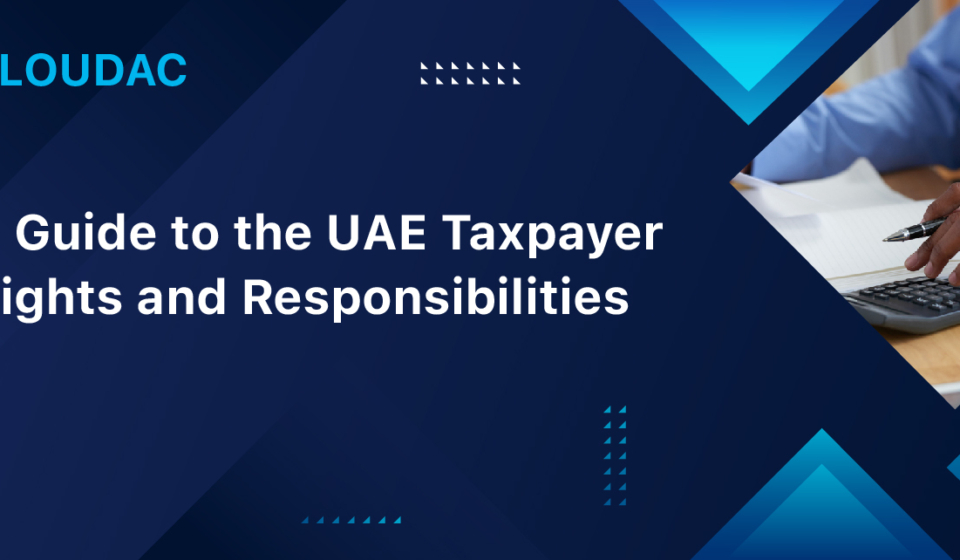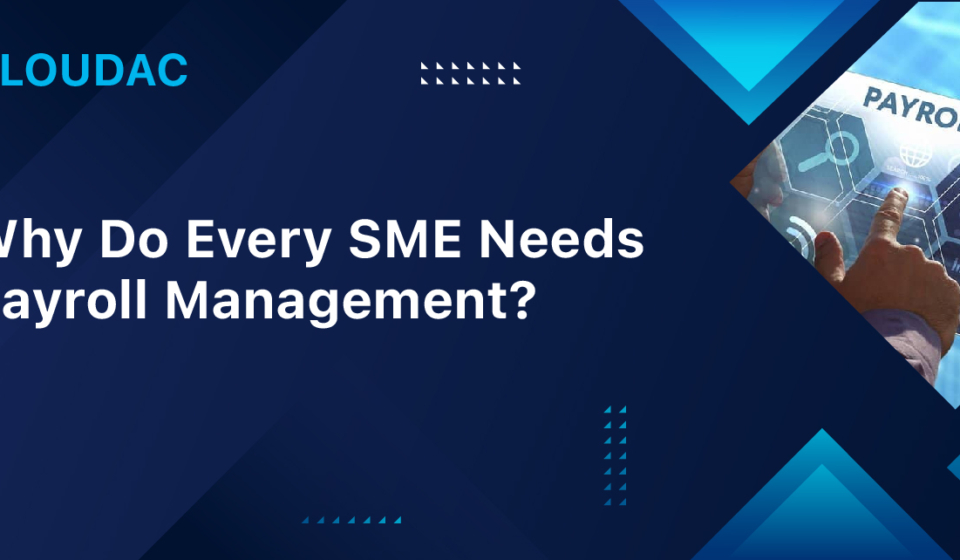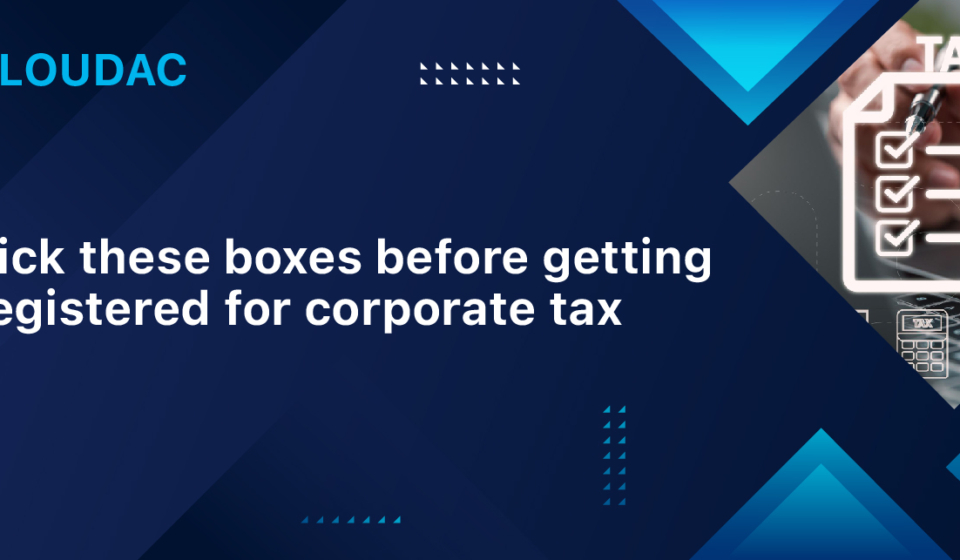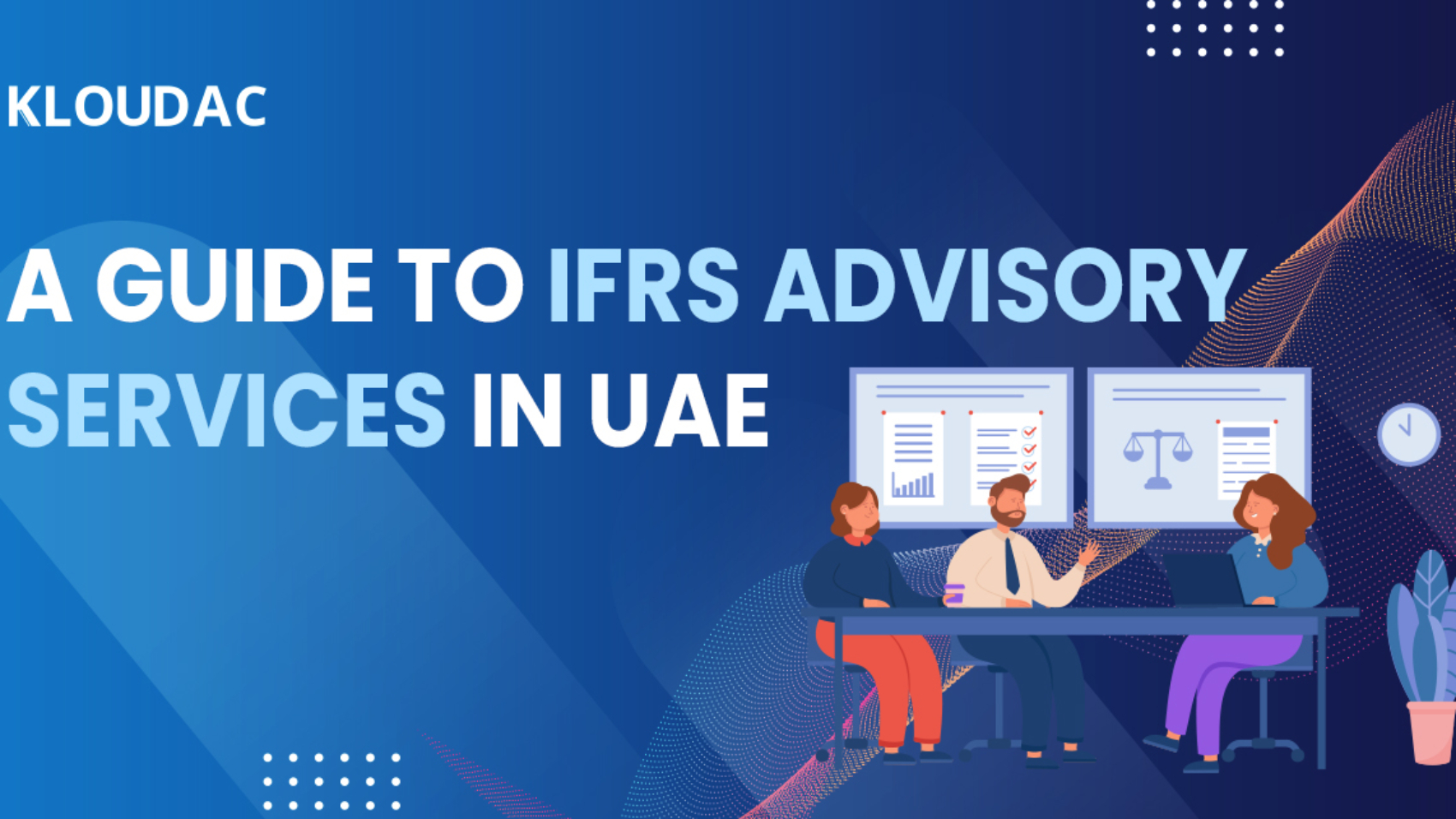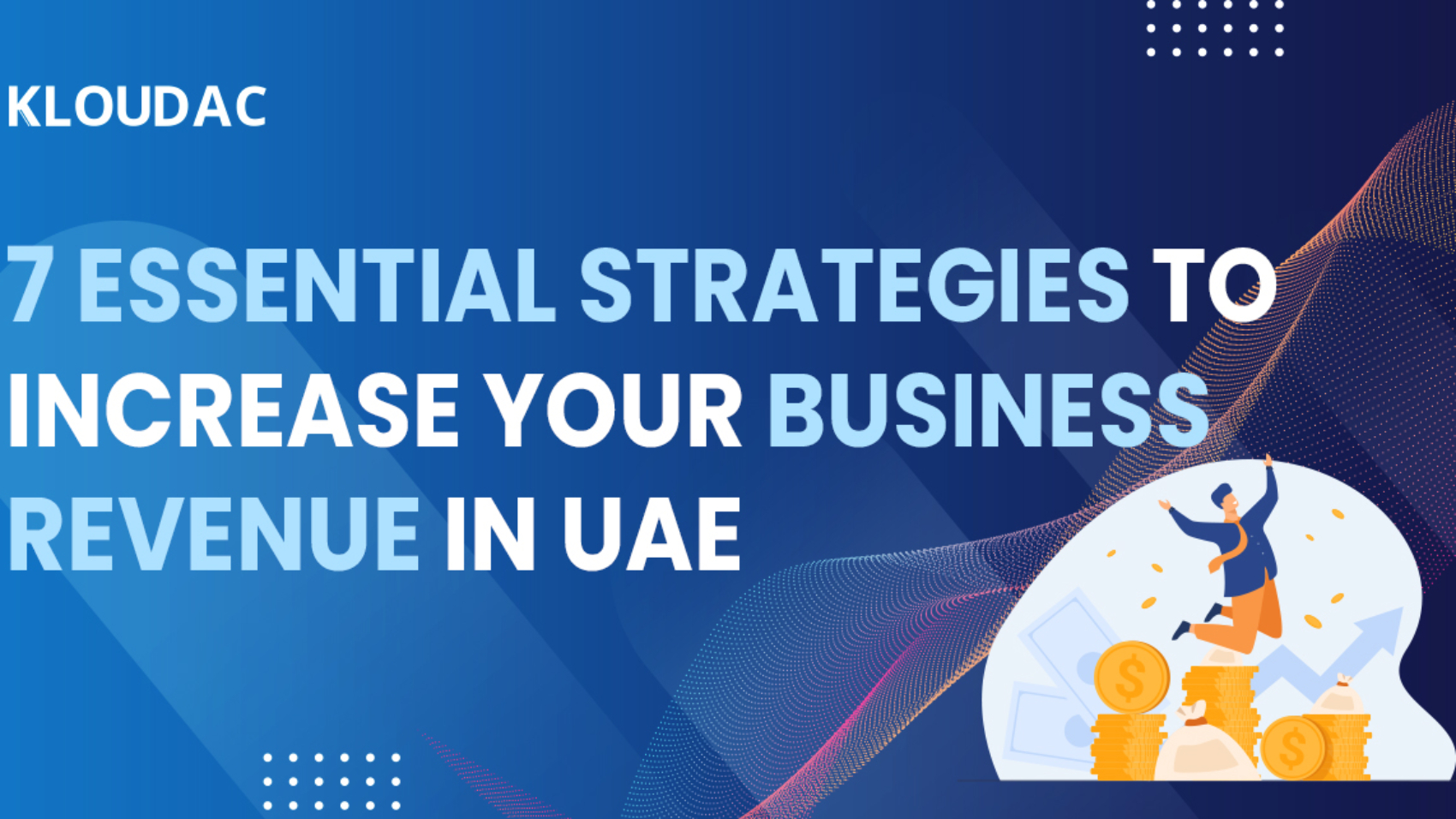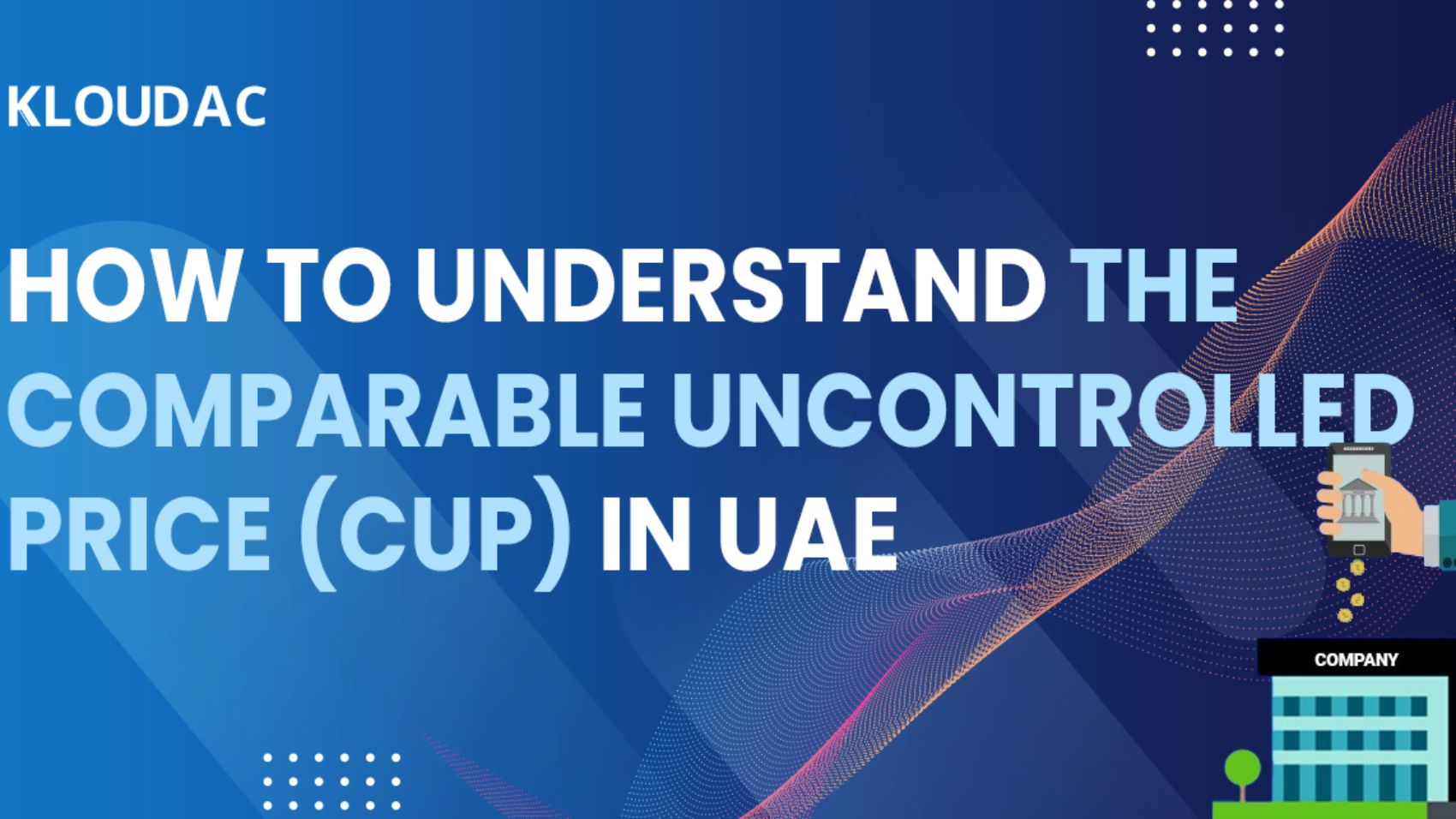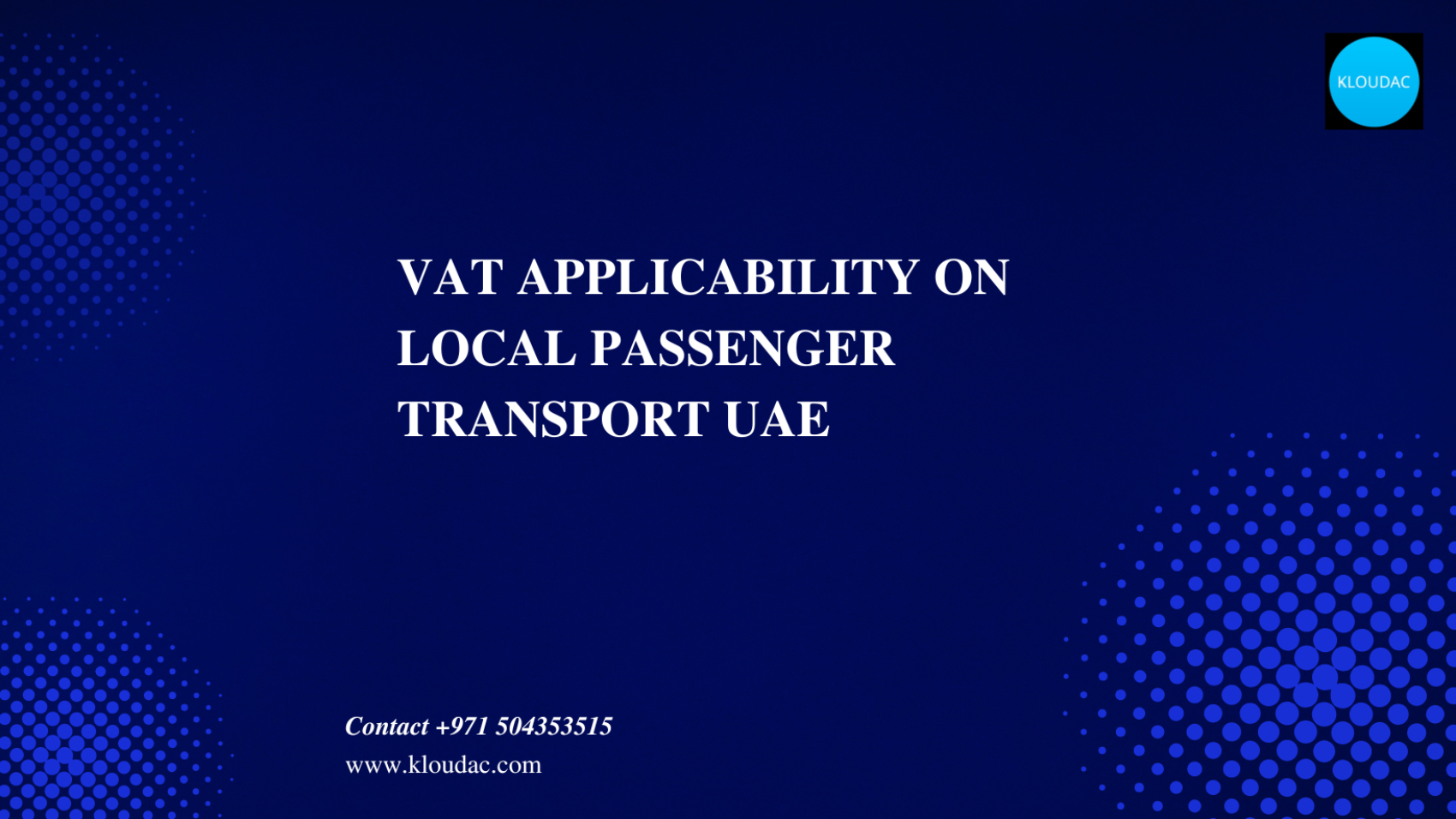Today’s small and medium-sized businesses have access to a wide variety of accounting tools, making it simpler than ever to maintain precise records of where your company’s money is going. Accounting software has simplified bookkeeping and accounting for small firms, but it has also increased the likelihood of errors and mistakes in accounting, from misclassifying a transaction to handling all of the accounting yourself.
The reality of your company’s financial health may be distorted over time by bad accounting practices. Repeated accounting errors and poor accounting procedures, in extreme situations, might push your firm into bankruptcy
5 Common mistakes are:
- Not employing a finance expert with experience.
- Inaccurate cost tracking for businesses.
- Mixing up personal and professional accounts.
- Ineffective billing management.
- Inadequate preparations for tax time.
Now lets look into each mistake in detail.
1. Not employing a finance expert with experience
Employing a specialist will reduce the possibility of mistakes in crucial areas including expense tracking, timely vendor payment, bank account balancing, and maintaining payroll.
Assisting with tax preparation, certified public accountants can also help you identify patterns in your bookkeeping so you can correct them. Check the AICPA.org database for a license to confirm that a prospective employee is a CPA.
2. Inaccurate cost tracking for businesses
Inaccurate record keeping reduces the efficiency of accounting and bookkeeping. When you do that, your company is left open to financial losses, late payments on significant bills, headaches during tax season, and other issues that might obstruct the growth of a company.
It goes beyond mistakes made while putting transactional information into a spreadsheet or forgetting to indicate that you paid a bill. The inability to prepare for the upcoming month or beyond is hampered by inaccurate financial tracking, which eventually costs your company money.
Whether it’s just you and a spreadsheet or someone you’ve hired to handle your books, it’s critical that your accounting system keeps track of every transaction so you can accurately assess the health of your firm.
While having a financial expert manage your books is beneficial, an integrated accounting system offers another way to assist you or your bookkeeper in doing their duties more effectively.
In an integrated system, the software links numerous financial transaction-related tasks that a business performs, such as paying bills, monitoring bank deposits and withdrawals, billing customers, and issuing paychecks, so that all the transactions are recorded automatically.
The ability to fully capture a company’s costs, which is necessary for expansion and continued profitability, is one of the main advantages.
3. Mixing up personal and professional accounts.
The distinction between personal and business finances is frequently blurred by small business owners. It makes sense, especially for a new company trying to establish itself.
However, it goes further than simply merging professional and personal purchases on one invoice. That’s not a wise course of action.
Mixing up your financial accounts might make it more difficult to distinguish between your personal and corporate transactions, which could be a major hassle come tax time. This may result in you overlooking an item that qualifies for a business deduction.
It might also be a problem if you apply for a loan or a line of credit because lenders need a thorough and accurate picture of your company’s financial situation in order to evaluate your loan request.
Wean yourself off the habit if you’ve been using your personal and professional bank accounts interchangeably. Open a distinct business checking account. The bank where you have your personal account may provide you certain incentives to do so.
4. Ineffective billing management.
Maintaining a company’s operations from one day to the next requires a steady cash flow.
Effective client billing or invoicing goes a long way toward ensuring that your revenue is received promptly so that you may use it for costs, payroll, and other requirements.
However, companies who don’t have a firm grasp on the accounting side of their operations may fall far short of this. Delayed invoicing leads to naturally delayed consumer payments, which could leave your company struggling to pay its own expenses.
It is obvious that sending an invoice by email is preferable. There is also software for invoicing and tools you can utilize to send bills to your clients automatically for a quicker, more smooth procedure.
5. Inadequate preparations for tax time.
In order to save money on an accountant or other tax specialist, small businesses may find it tempting to use do-it-yourself tax software to prepare a straightforward tax return.
Even those adopting a DIY method to file their small business taxes may encounter difficulties if they haven’t taken the necessary precautions to accurately record their corporation’s financial information along the route.
The ideal strategy is to ensure that your firm is using an accounting system that smoothly manages business spending, payroll, and other essential elements of your business’s profit and loss statement. This will help you reduce mistakes and oversights.
Before the tax year is through, having a certified tax professional conduct frequent audits and organize your company’s tax-related activities can also help you identify areas for potential savings or even changes that could be made.
KLOUDAC Accounting Firm Dubai, UAE
Book-keeping, tax consultations, financial management and many more services are entirely supported and guided by KLOUDAC.
KLOUDAC is a recognized accounting firm in Dubai, UAE with 15 years of service experience. We have built connections with over 500 customers. It has also won the certification of Xero Payroll and the certification of Xero advisor from the world-leading online accounting software – XERO. Moreover, KLOUDAC is a golden champion partner of Xero.
